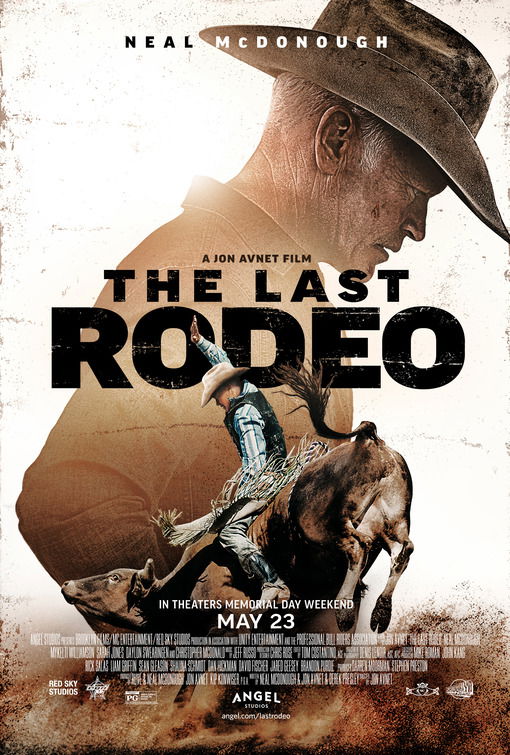
By Michaela Gordoni
Hollywood workers turn to “Verticals,” one-to-three-minute videos meant for phone viewing, as more projects leave LA.
The soap opera-like segments have a vastly lower production value and aren’t great quality but are cheap to make. They are high in drama and involve bombastic themes like billionaires and werewolves, The Hollywood Reporter said.
The trend started in China, and the market is predicted to be worth $14 billion by 2027, The Guardian reported.
One LA actress shared why she turned to the cheesy soaps after her options dwindled.
“I was like, ‘I don’t want to do those, they’re terrible.’ And then fast-forward a year, I was like, ‘Well, I would just like to make money acting,’” she said.
Related: Are YouTube Shorts a Sustainable Revenue Source for Creators? CEO Says…
Actor Evan Brown stars in a Luigi Mangione-inspired series called THE ADJUSTER. He’s just glad to have a job.
“It is cool to see actors work when for so long I just heard horror stories of people leaving,” he said.
Joey Jia, CEO of Crazy Maple Studio, which owns the platform ReelShort, said his company made four projects a month in 2023 but now has over 30. Most of the projects are filmed in LA.
“L.A. still has the most talent and the most professional crew,” he said.
The production is grueling. It’s typical for there to be 12-hour days with a week to shoot. The actors only get three to five takes. The productions are very low budget. Crazy Maple’s are between $50,000 and $50-$300,000.
“Some people said: ‘I can’t believe someone would pay for this,’” Jia told the Washington Post. “Our answer is: You think you understand the entire entertainment market? You don’t.”
Some actors say the verticals serve as a launchpad for them to get into Hollywood. Lexi Minetree, who will star as the lead in the upcoming LEGALLY BLONDE prequel series, starred in a vertical before landing her big role.
Marc Cotter, who stars in NetShort’s LOVE IN THE FAST LANE, said, “I do believe it’s evolving rapidly and will eventually reach the caliber that [Jeffrey] Katzenberg and Meg Whitman with Quibi had predicted — they were just ahead of their time.”
CEO of SirReel Studio Services, Wes Bailey, said his soundstages were never booked with vertical shoots, and then all of a sudden, at least 40% of booked projects were verticals. He hopes the trend continues, because he wants to see actors working.
Another thing about verticals that may be appealing to some Hollywood actors is that some companies, like Crazy Maple, train all of their directors, producers and screenwriters in-house and don’t use AI. They use basic sets and costumes and hire nonunion actors.
A lot of Hollywood may still be stuck on that horizontal big screen, but the future just might be verticals.
Read Next: Why TikTok is Diving Into Long-Form Videos
Questions or comments? Please write to us here.



 - Content:
- Content: 